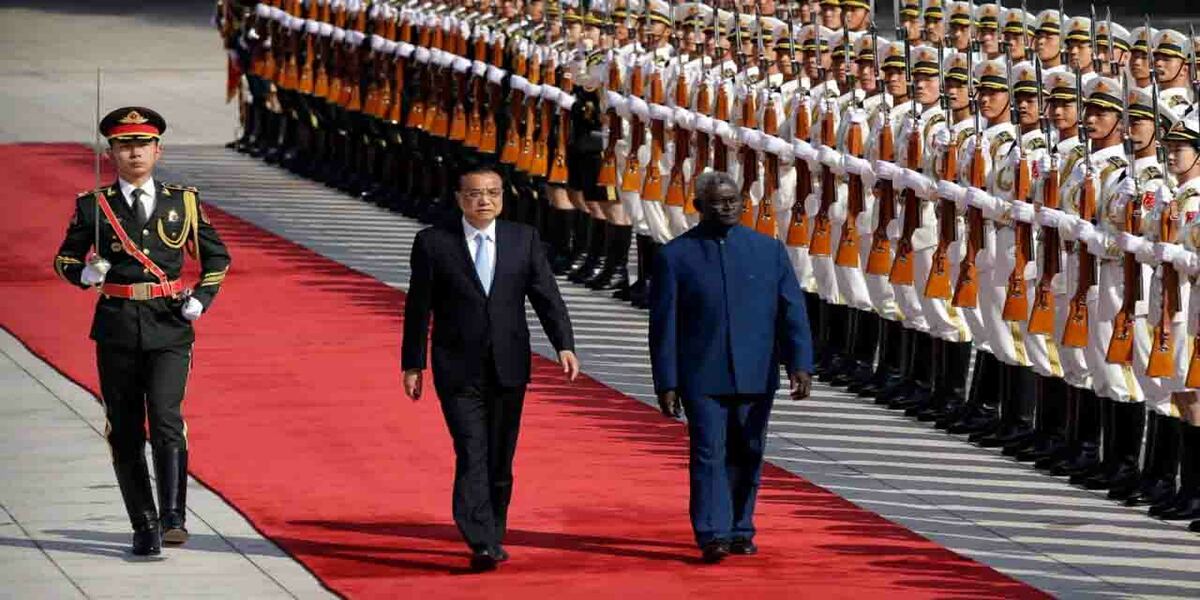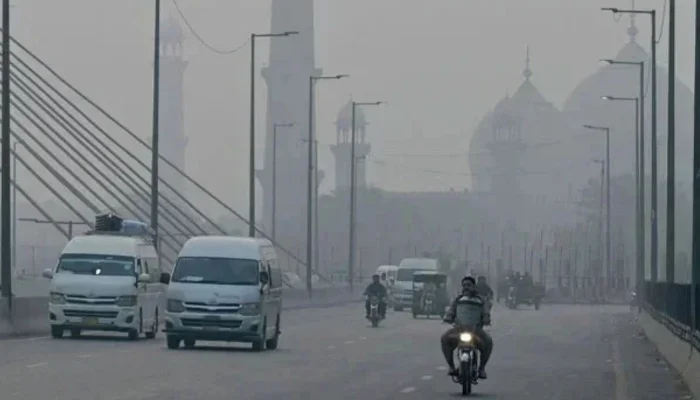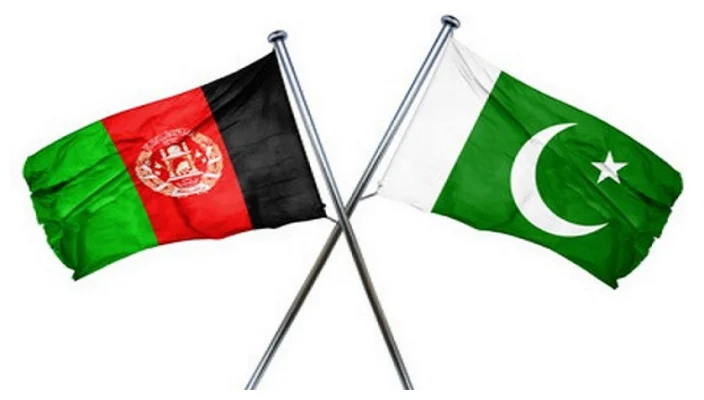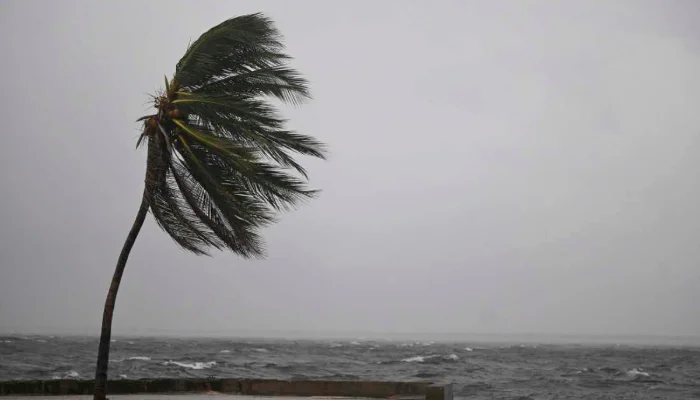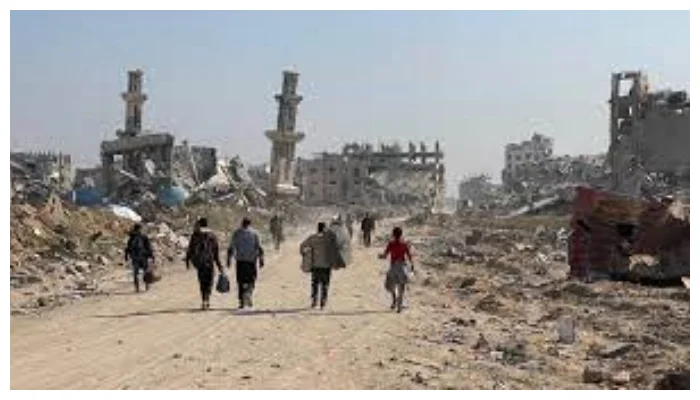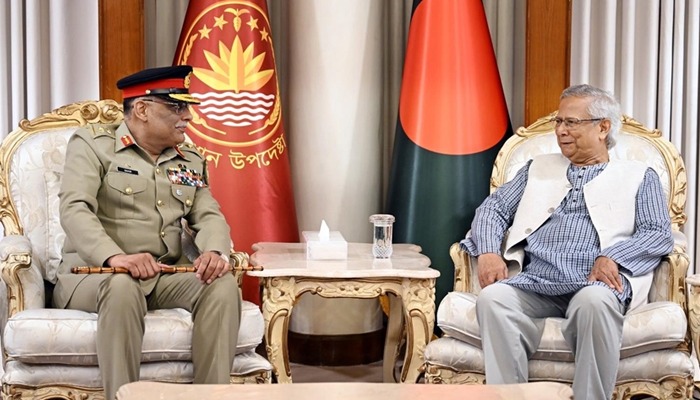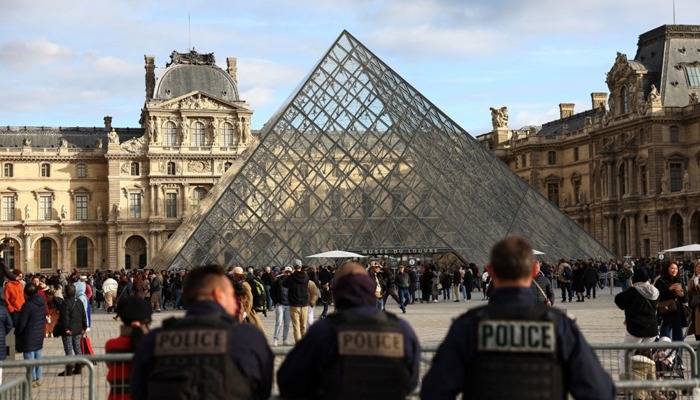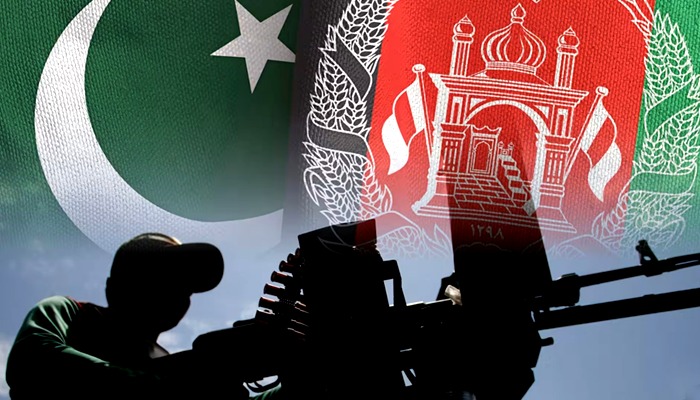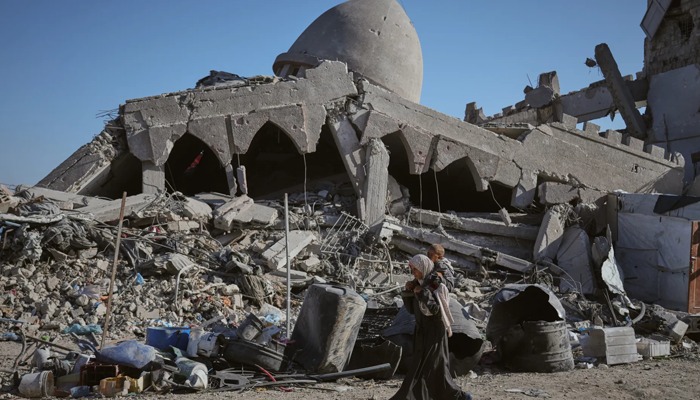The United States and its allies fear that China’s security deal with the Solomon Islands could jeopardise regional stability.

Western nations are scrambling after a tiny island chain in the South Pacific agreed to a security deal with China that the US and its allies worry would strengthen Beijing’s military capabilities in this strategically crucial region.
The agreement between China and the Solomon Islands, a country of 700,000 people that saw fatal riots last year, poses “severe threats to a free and open Indo-Pacific”, according to officials from the United States, Australia, Japan, and New Zealand. The degree of concern in Washington and other capitals is so great that the United States sent its highest-level delegation to the Solomon Islands in years on Friday.
In Honiara, the capital, Kurt Campbell, the White House’s senior Asia official, and Daniel Kritenbrink, the assistant secretary of state for East Asian and Pacific affairs, met with Prime Minister Manasseh Sogavare. Campbell had planned to warn Sogavare about the contract, the terms of which have not been made public, but his visit was cut short when Beijing and Honiara declared they had already signed it days before he arrived.
According to a document that was posted online in March, the agreement permits China to send police and armed forces to the Solomon Islands “to help in preserving social order,” as well as Chinese vessels to make stopovers there. Campbell had planned to warn Sogavare about the contract, the terms of which have not been made public, but his visit was cut short when Beijing and Honiara declared they had already signed it days before he arrived.
According to a draught that was posted online in March, the agreement permits China to send police and armed troops to the Solomon Islands. This was done “to help in preserving social order,” as well as Chinese warships to make port calls there. The agreement is a “game changer,” according to Anne-Marie Brady, a China researcher at New Zealand’s University of Canterbury.
“This measure is aimed at countering the United States’ containment policy in the Indo-Pacific,” she added. “However, it directly jeopardises the security and autonomy of Pacific island governments, as well as Australia and New Zealand.”
They are concerned that the agreement would allow China to build its first military facility in the Pacific, fewer than 1,300 miles from Australia, whose ties with Beijing are at an all-time low. The Solomon Islands are also strategically located on important maritime channels between the United States and Asia.
Leaders of small island nations in the Pacific, which saw some of the bloodiest battles of WWII, have expressed concern that they may be lured into another fight between big powers. President David W. Panuelo of the Federated States of Micronesia urged Sogavare to evaluate the “far-reaching and severe security ramifications” of the China pact in an open letter last month.
According to a White House statement, Sogavare informed the US delegation that the arrangement would offer China no military base, no long-term presence, and no power projection capacity. The deal, according to the Chinese Foreign Ministry, is about sustaining peace in the Solomon Islands and is “not directed at any third party.”
“Normal law enforcement and security cooperation between China and the Solomon Islands, two sovereign and independent nations, is compatible with international law and customary international practise,” said Ministry of Foreign Affairs spokesperson Wang Wenbin during a press conference last month.
Beijing has accused the United States of encouraging a “cold war mindset” in the Indo-Pacific through programmes like Aukus, a security alliance between Australia and the United Kingdom unveiled by the Biden administration last year. The United States announced plans to reestablish its embassy in the Solomon Islands for the first time since 1993 even before the China deal was published online. Sogavare has brought the Solomon Islands closer to China, handing Beijing a huge victory in 2019 when it cut long-standing diplomatic ties with Taiwan. Unease over China’s influence in the country’s affairs, as well as allegations of Beijing-linked corruption, fueled violent riots in November that killed four people in the capital’s Chinatown. Under its own security pact with the country, Australia dispatched peacekeeping personnel.

